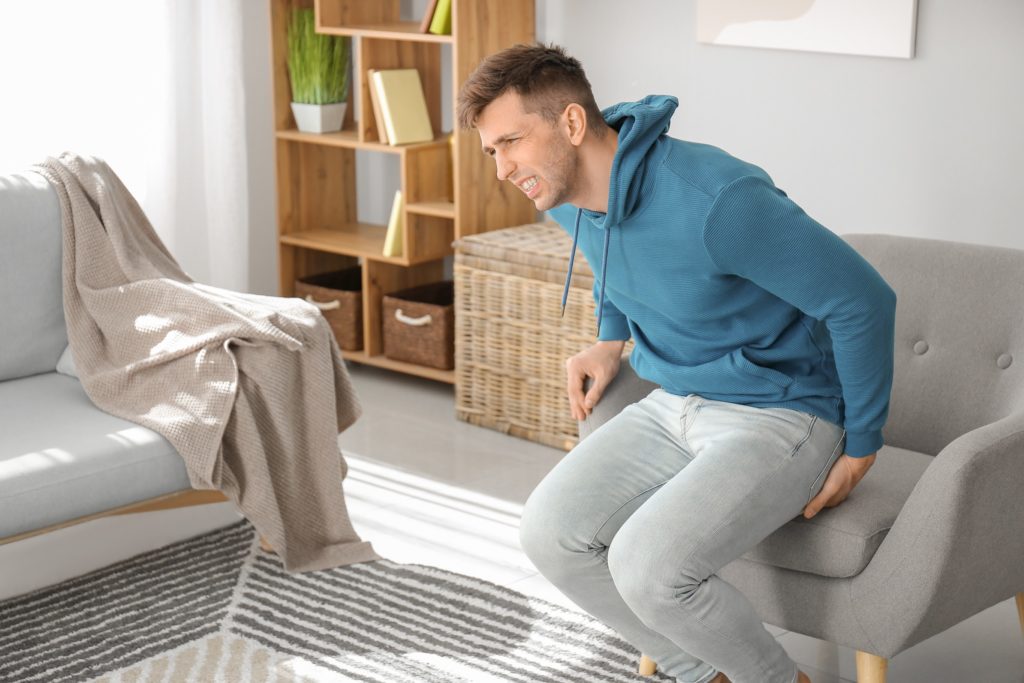Proctology
Laparoscopy
Menu
Experiencing painful Anal Fissures? Get rid of the discomfort quickly with the best anal fissure treatment in India offered by Definite Cure. We use advanced treatment methods that are performed by some of the most skilled specialists so that you can begin your pain-free, healing journey.
To enjoy the long-term benefits of our treatment plans and prevent any recurrence, learn everything that you need to know about anal fissures.

The anus is lined with thin and moist tissue that is called the mucosa. Sometimes, there are small tears in these tissues, leading to an anal fissure. These fissures are most common in infants. However, they can occur at any age.
Anal fissures can be acute or chronic. Acute fissures look like a fresh tear while chronic fissures are deeper and may even have fleshy growths that are internal or external. When fissures last for longer than eight weeks, they are considered chronic.
Anal fissures are accompanied by extreme pain and bleeding. Some patients also experience spasms in the sphincter or the muscles around the anus.
When you notice the following anal fissure symptoms, it is an indication that you need medical assistance:
There are some common causes that lead to the anal fissure symptoms mentioned above:
Anal fissures can also occur as symptoms of the following health issues:
Seeking anal fissure treatment is important to prevent recurrence or an extension of the tear to other muscles around the anus.
The first step of anal fissure diagnosis is a simple physical exam followed by questions by the anal fissure specialist about the duration of the condition and the symptoms that you are experiencing.
The cause of the fissure can be determined by the position. In case it is on the side of the anus instead of the front of the back, it is a sign of some underlying health issue like Crohn’s disease.
There are other tests besides the initial anal fissure diagnosis that are recommended if an underlying health issue is suspected:
Colonoscopy: A flexible tube is inserted through the anus into the rectum to examine the whole colon.
Anal fissure treatment is of two types:
In case of a chronic anal fissure, the preferred method of anal fissure treatment is a Lateral Internal Sphincterotomy. This involves the cutting off a small part of the anal sphincter to reduce pain and spasms. It also quickens the healing process.
All the medicines prescribed by the anal fissure specialist must be consumed for the recommended period. To relieve pain, you can take Sitz bath after your bowel movements. A follow up is recommended after 1-2 weeks of the surgery.
There are some simple Anal fissure prevention methods that you can follow: